Syria negotiator thanks Switzerland for making peace talks possible
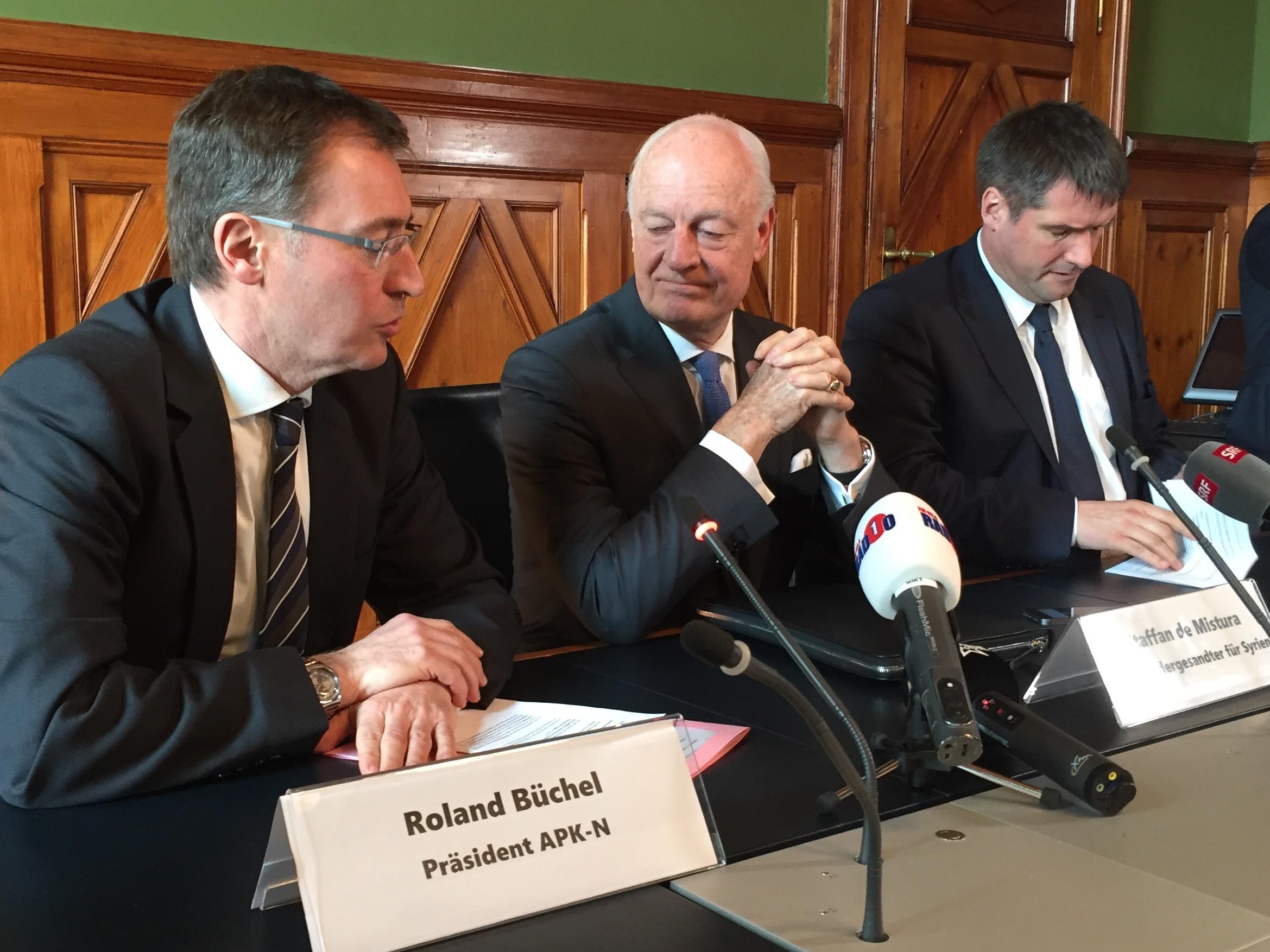
Staffan de Mistura, the chief negotiator in Syrian peace talks now underway in Geneva, visited Bern on Wednesday to thank the Swiss government for its “discreet” and fundamental role in making the talks possible.
Flanked by the leaders of the House of Representatives and Senate foreign affairs committees, de Mistura praised the Swiss for their “discreet, efficient and creative” approach to diplomacy without which the latest round of peace negotiations would not have been possible.
“There are many moments where you can thank a country for its engagement with a particularly difficult, historic negotiation,” he said. “It’s always easy to say thank you before or after, but not during, when you are busy doing other things.”
Roland Büchel of the House of Representatives foreign affairs committee chose not to elaborate on the Swiss role in the negotiations, telling swissinfo.ch only that “we are not just serving coffee, of that I can assure you”.
It has been reported in the past that the Swiss have helped opposition forces prepare for peace talks by training them in how to negotiate.
De Mistura said of the talks underway that “there is a concerted effort being made here in Switzerland to move forces that have, until now, been considered almost impossible to move. There is enough will to take these negotiations seriously and there exists, for the first time, the support of the international community”.
He also suggested that the Russian move to pull back its military from Syria earlier this week may have been made purposefully to coincide with the start of the peace talks.
“I hope this gives diplomacy a chance,” he said.
Governmental model?
When asked whether Switzerland could provide aid in ultimately forming a new Syrian government, de Mistura cautioned against implementing a strong federalist system as had been done in Iraq and Afghanistan, pointing out that those countries “remain starkly divided”.
However, he did point to Switzerland as a potential democratic role model.
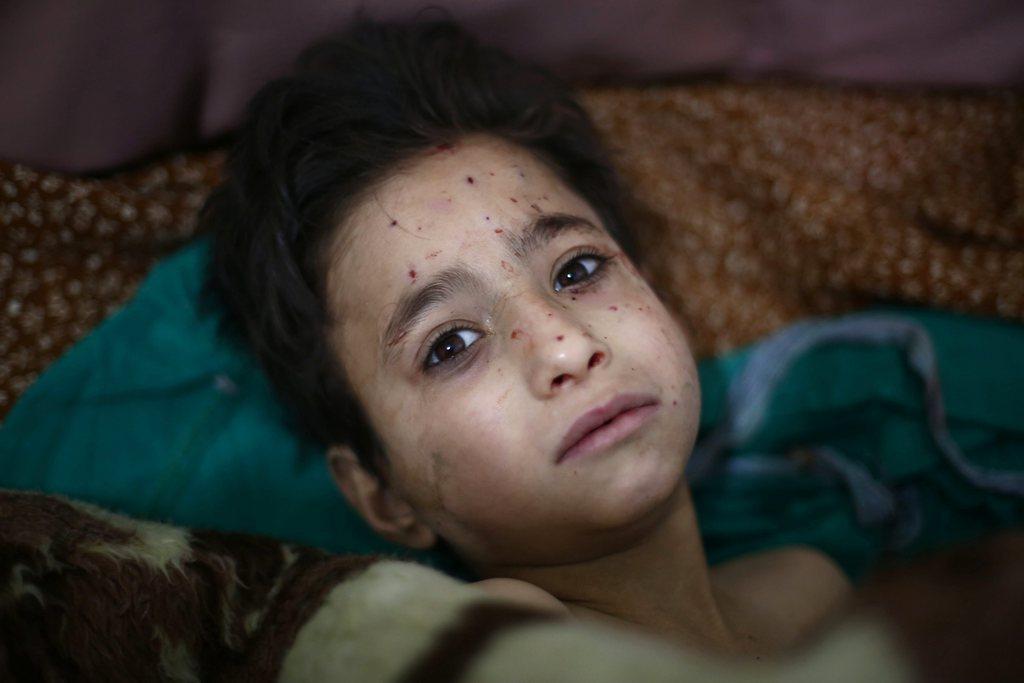
More
Syria peace talks in Geneva: where are we now?
“Syria can learn a lot from how the political formula for co-existence of cultures and languages in Switzerland produced a miracle that we still regard with interest.”
He added that a political division of Syria should be avoided at all costs.
However, speaking in Zurich on Wednesday at an event sponsored by Christian Solidarity International, French Syria expert Fabrice Balanche expressed a lack of optimism that a unifying solution could be found in the near future. He sees major divisions forming in the country, especially along religious lines, “fueled by regional powers who want to expand their influence in the region”.
Where things stand
A ceasefire in the Syrian conflict, overseen by Russia and the US, came into effect on February 27. Western governments say this has considerably reduced the intensity of the fighting. However, ceasefire violations are regularly reported and fighting persists in some places.
On Wednesday, de Mistura also highlighted the progress, though “still insufficient”, being made on gaining access for humanitarian aid groups.
Jan Egeland, de Mistura’s adviser on humanitarian aid, has said that since the ceasefire accord, UN and partners have delivered aid to ten besieged areas, but six important besieged areas, including Daraya and Douma, have not been reached. Opposition groups continue to say not enough aid is getting through.
The fragile ceasefire has offered some hope to ending a war that has cost over 250,000 lives, driven 13.5 million people from their homes and given an opening to radical groups like the Islamic State and Syria’s al-Qaeda branch, the Nusra Front, to seize land. Those groups are not part of the diplomatic efforts.
With input from John Heilprin

In compliance with the JTI standards
More: SWI swissinfo.ch certified by the Journalism Trust Initiative

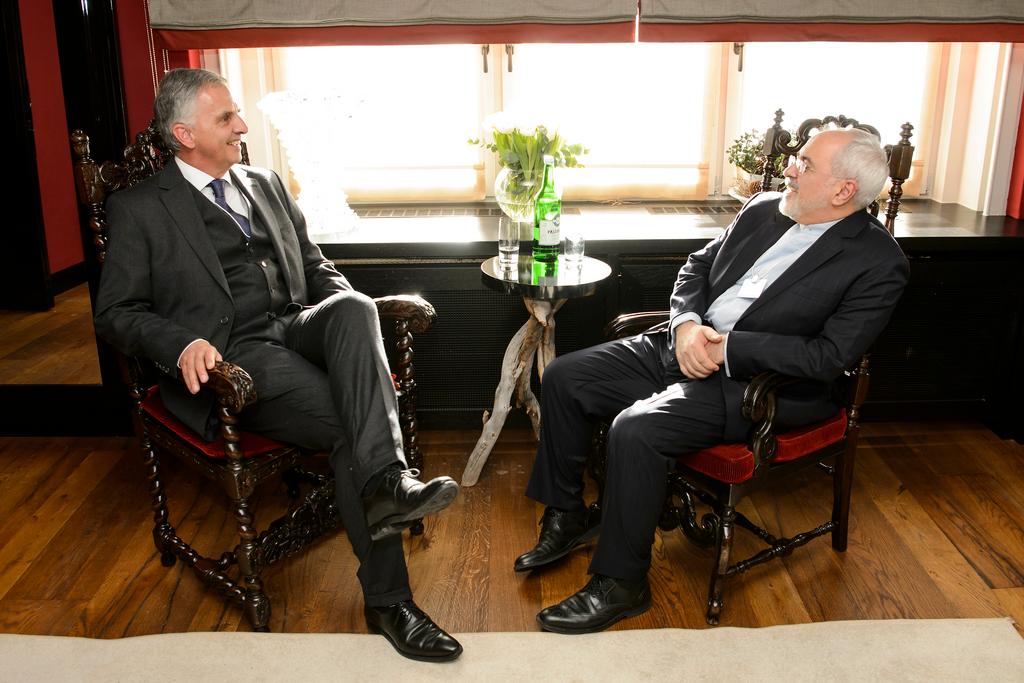
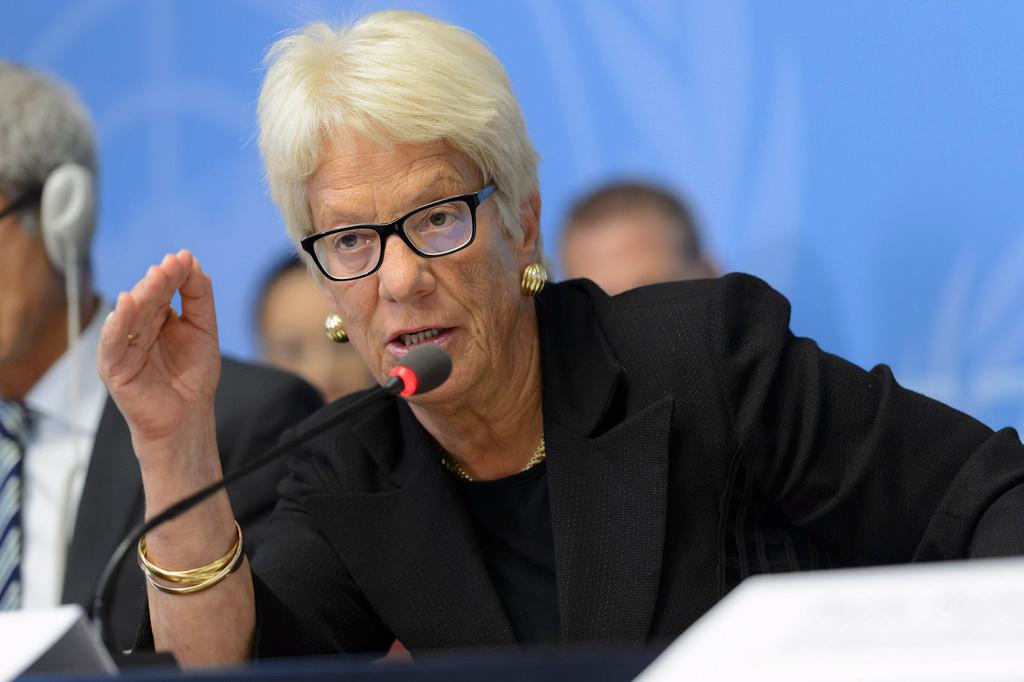
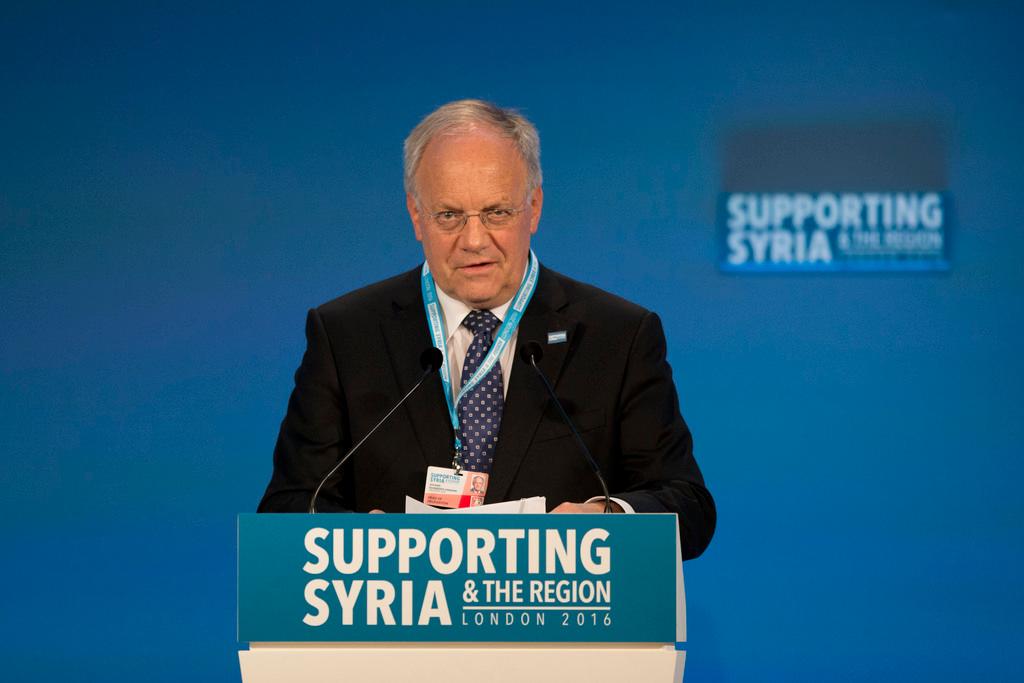
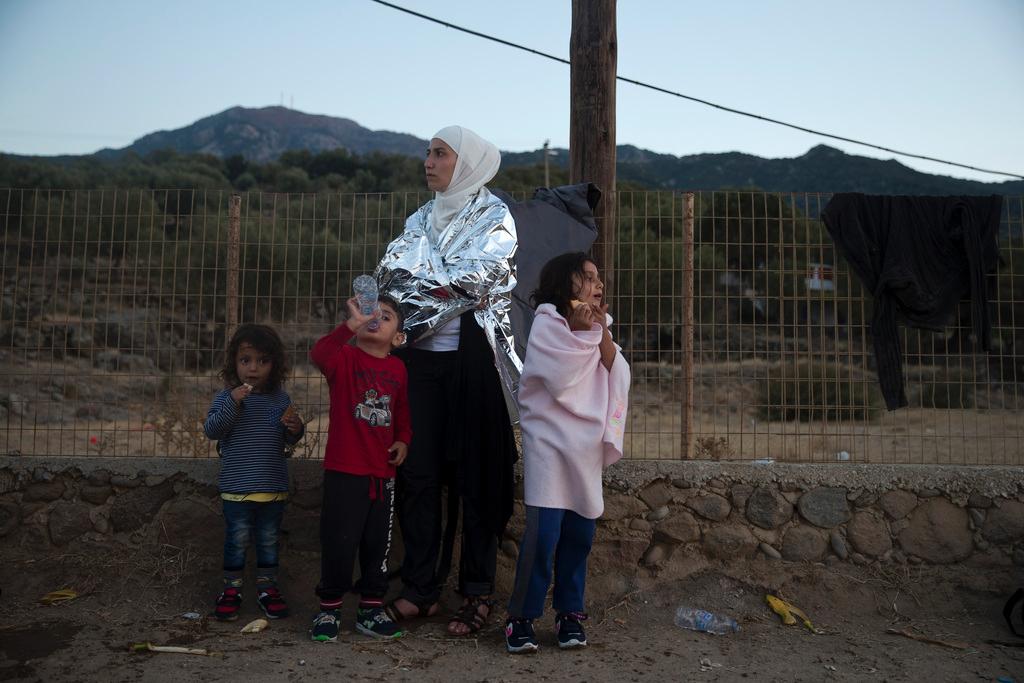
You can find an overview of ongoing debates with our journalists here. Please join us!
If you want to start a conversation about a topic raised in this article or want to report factual errors, email us at english@swissinfo.ch.